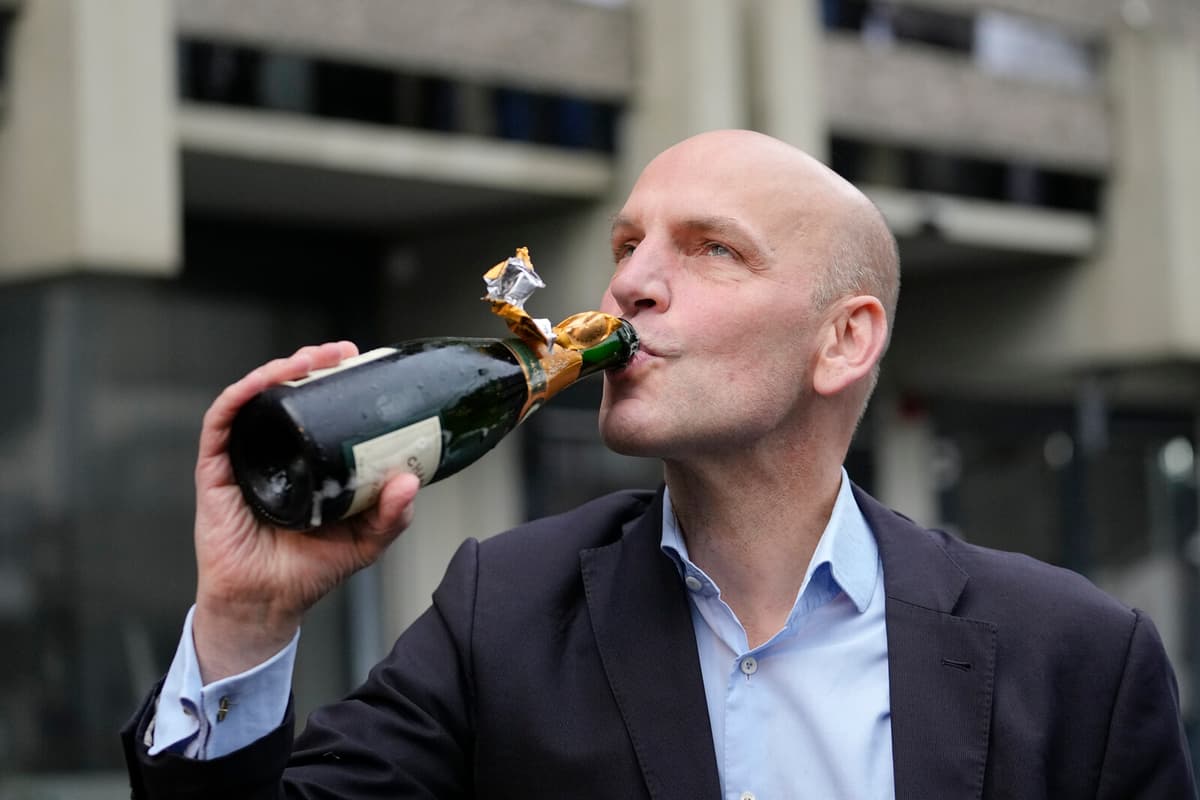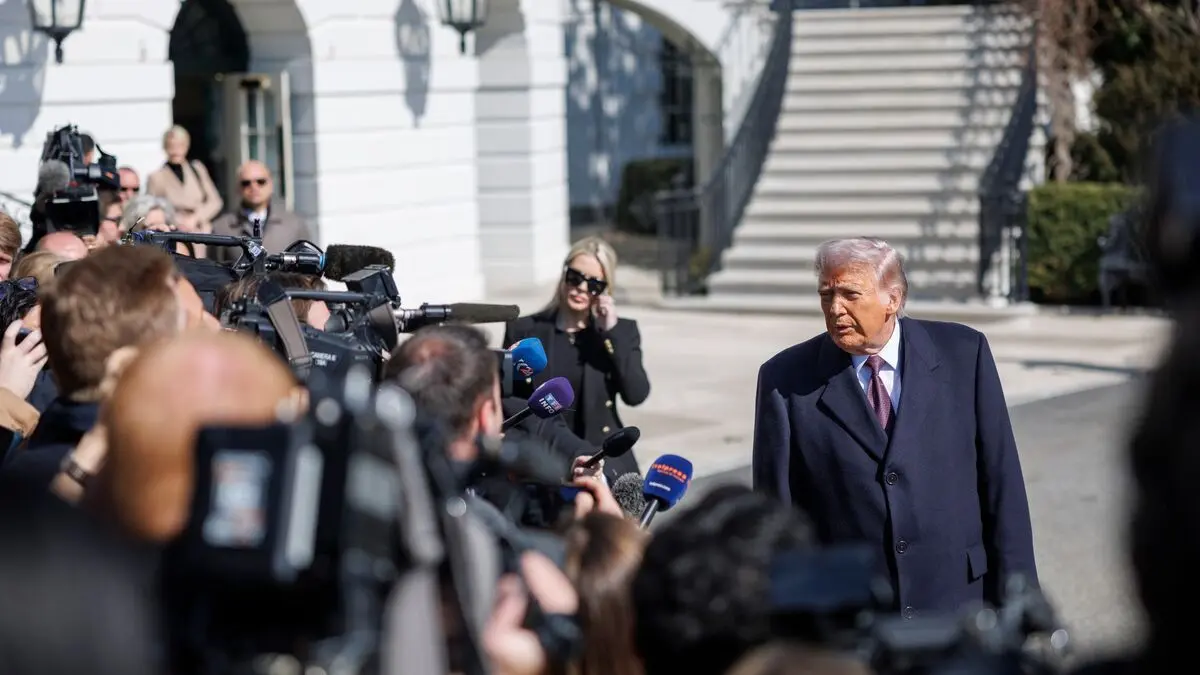During an intense week, the leading figures in science are in the spotlight. This year's Nobel Prize winners are announced, and journalists are gathering to understand concepts such as quantum particles, gene scissors, and gravitational waves.
The winners are awarded 11 million kronor, a medal, and a place among royalty at the Nobel banquet's honorary table.
German chemist Benjamin List says that many researchers will be sitting on the edge of their seats, watching their phones this week. He himself was sitting with his wife at a café in Amsterdam three years ago, ready to buy breakfast.
The phone rang, and my wife teased me, saying: Haha, now the call is coming.
Then I picked up the phone and saw that it was an unknown number from Stockholm.
Became a Celebrity
He describes the moment as surreal, as if he disappeared. Then it became intense with live interviews, phone calls from the Chancellor and the President, and he got to guest on talk shows with celebrities. A drastic change for someone "who is a bit of a nerd".
But it was fun, and everyone was very positive and upbeat, he says.
Some Nobel Prize winners have stagnated in their research after the prize. List was 53 and was fully engaged in exciting research when he was awarded the prize.
We published fantastic articles on nature and research, and things went great. So maybe the prize slowed me down a bit since I became so busy traveling around and being a Nobel laureate.
British Paul Nurse was awarded the Nobel Prize in Physiology or Medicine in 2001. He describes the prize in a brief email interview with TT as stressful, "it was like getting an extra job".
"It hasn't made it easier to get research grants or better PhD applications, and it has definitely reduced the time to research", he writes.
Anton Zeilinger, physics prize winner in 2022, also initially had difficulty finding time to research, but now leads a group of eight people.
I can't take on more, but I get requests every week from excellent students who want to work with me.
Chasing the Revolutionary
Benjamin List realized after a period of luxury that it is research he is passionate about, and returned to his asymmetric organocatalysts at the Max Planck Institute.
So does he hope for another Nobel Prize? He responds with a laugh.
I must admit that I choose my projects because they potentially can have that caliber. Why not? Why would I do something that maximally can lead to handshakes or at most a "well done Ben". Of course, we're chasing the revolutionary things, he says.
Physiology/Medicine: Monday, October 7, earliest at 11:30 am
Physics: Tuesday, October 8, earliest at 11:45 am
Chemistry: Wednesday, October 9, earliest at 11:45 am
Literature: Thursday, October 10, earliest at 1:00 pm
Peace Prize: Friday, October 11, at 11:00 am
The Prize in Economic Sciences in Memory of Alfred Nobel: Monday, October 14, earliest at 11:45 am
Source: nobelprize.org






